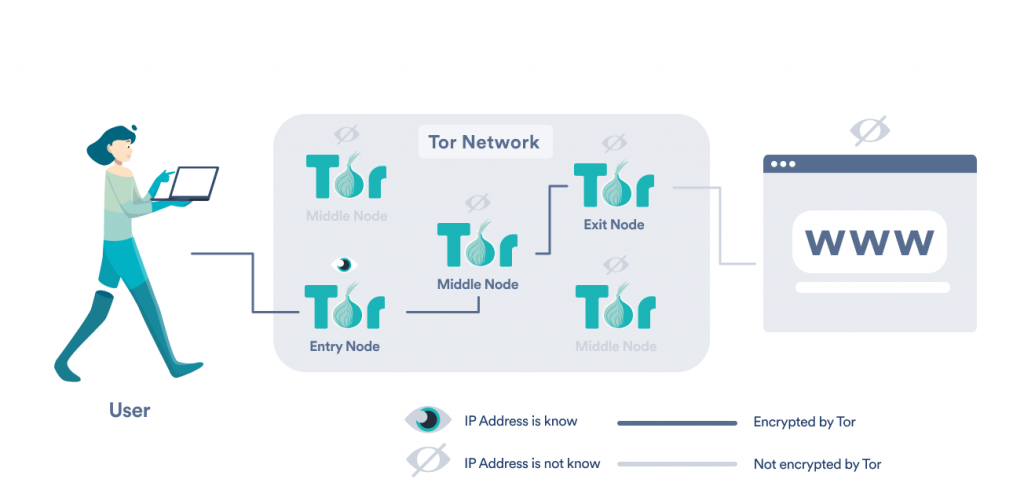

Search engines will be required to remove links to blocked resources from their results, as these would encourage people to access prohibited material. In addition to targeting the circumvention sites, services, and their hosts, the bill targets search engines as well. The FSB and the Ministry of Internal Affairs will be tasked with monitoring offenses, which they will then refer to the telecoms watchdog. Rozcomnadzor will then try to contact the operators of the services, urging them to ban the blocked websites, or face the same fate. Under the new law, local telecoms watchdog Rozcomnadzor will keep a list of banned domains while identifying sites, services, and software that provide access to them. In recent months, the Russian Government has worked on legislation to crack down on these circumvention tools as well, and local media report that President Vladimir Putin has now signed the proposed bill into law. On the contrary, many use proxies or anonymizing services such as VPNs and Tor to gain access. However, as is often the case, not all citizens willingly subject themselves to these type of restrictions. Tens of thousands of websites are blocked in the country on copyright infringement and a wide range of other grounds. Russia has swiftly become a world leader when it comes to website blocking.


 0 kommentar(er)
0 kommentar(er)
